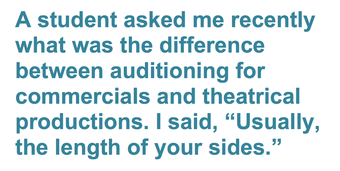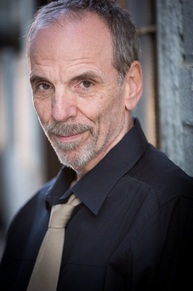A few years ago, a friend of mine I will call Ted approached me about getting into commercials. I was somewhat surprised, since he had previously told me that he was a “serious” actor, and would not even consider doing commercials. Which was too bad because he had a great look.
I referred him to a commercial agency that signed him, and soon he was on the audition trail. He was in on several sessions I directed, so I was able to see his work.
After a few months, he came to see me, asking why I thought he wasn’t booking spots. “I don’t get it,” he said, “I’m not even getting callbacks.” “What do you do to prepare for your auditions?” I asked. “Prepare?” Ted said, incredulously, “For a commercial audition?” “What kind of training have you gotten?” I asked. “Training? For commercials?” he responded.
I knew what his problem was from watching his auditions. He still believed himself too good to act in commercials, and so didn’t take the audition process seriously. He did not treat his commercial auditions with the same respect he had for theatrical auditions. Consequently, he was always “on top of the material,” not creating a reality around the audition situation. So his auditions came off as arrogant and aloof.
A student asked me recently what was the difference between auditioning for commercials and theatrical productions. I said “Usually, the length of your sides.”
True, there is more technique involved in commercial auditions, eg: cheating to the camera, inventing a button, etc. But both come down to good acting—creating a credible character that an audience can relate to.
Of course, commercial actors should always be aware of the style of the product’s advertising. For instance, you don’t audition the same way for McDonald’s as for Bud Light. But the same is true in theatrical. You wouldn’t audition for “Sons of Anarchy” the same way as for “Modern Family.” The biggest difference is that with commercials, the hardest part is actually the audition. Once you’ve booked the spot, everything else is easy. Whereas for theatrical, once you’ve booked the role, your work has just begun.
Another thing to consider when thinking about commercial auditions is that there are a lot of very good actors out there booking commercials. They know what they’re doing and how to audition well. They are your competition. Every time you audition you are going up against them and they take it seriously.
Remember, you’re an actor and auditions are precious. Honor your craft by giving them the attention necessary to make them credible.
In addition to his acting gigs, he works as a commercial casting director and session director as well as teaching and providing career guidance to young actors or those just getting into the business. He also directs theatrical and industrial video productions through his own independent production company.
Doug studied acting with master teacher Cliff Osmond for 15 years and improv with the LA Connection. He began teaching commercial classes 12 years ago and theatrical classes in 2003. He has also taught in San Francisco, Chicago, Oakland, Phoenix and Santa Barbara and recently returned from Tokyo where he taught American acting to Japanese students.


